|
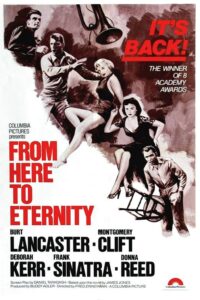
Synopsis:
A newly transferred private (Montgomery Clift) at Pearl Harbor Army Base is harassed by his captain (Philip Ober) and several colleagues for refusing to join the boxing team, but finds friendship with a spunky soldier (Frank Sinatra) and romance with a local dance hall hostess (Donna Reed). Meanwhile, Ober’s assistant (Burt Lancaster) woos Ober’s unhappy wife (Deborah Kerr), and Sinatra becomes increasingly agitated by a sadistic, piano-playing guard (Ernest Borgnine).
|
|
Genres, Themes, Actors, and Directors:
- Burt Lancaster Films
- Deborah Kerr Films
- Donna Reed Films
- Ernest Borgnine Films
- Frank Sinatra Films
- Fred Zinneman Films
- Infidelity
- Military
- Montgomery Clift Films
- Soldiers
Response to Peary’s Review:
Peary writes that the appeal of this “solid version of James Jones’s novel” is that “Lancaster, Clift, Sinatra, Kerr, and Reed all anticipate the rebel figures that would dominate the rest of the fifties” by breaking “army rules and society’s rules.” He points out that “they are the only characters with compassion, who can love — so here rebels are positive figures,” and notes that the “picture has superb acting, [and] strong direction by Fred Zinneman.” In Alternate Oscars, Peary adds that this remains “a quality picture in spite of its soap elements and the unsatisfying resolutions for most of its characters” (though he gives the Best Picture Oscar to Shane instead).
However, Peary does name Clift the Best Actor of the Year, noting that “Clift was such a cerebral, introspective actor that it is exciting just to watch him think.” In addition to Clift doing “a lot of wordless acting” in the film, Peary points out that his performance “is extremely physical”, given that we “see Prewitt box, have a knife fight, shoot a little pool, fall down some stairs, run, march, dig a hole, get down on his knees to do chores, [and] stumble about when drunk.” Playing a “hardheaded” soldier who “knows he must make correct choices or he won’t be able to live with himself,” Clift is enormously appealing, and we want nothing but good outcomes for him. Faring well in an array of supporting performances are a host of stars willing to give Clift his deserved limelight; none unduly hog the screen, but we believe in their characters and their challenges — particularly Lancaster and Kerr’s forbidden romance; the infamous beach scene in which “Lancaster and Kerr [are] kissing while lying in the surf” remains as sexy and evocative as ever.
Redeeming Qualities and Moments:
- Fine performances by the entire cast
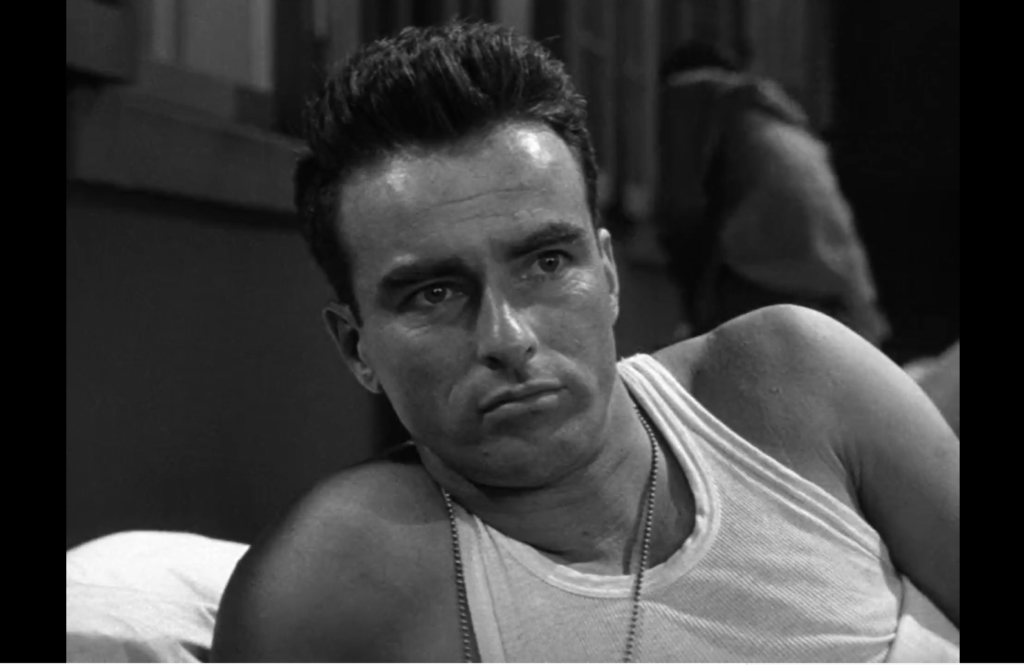
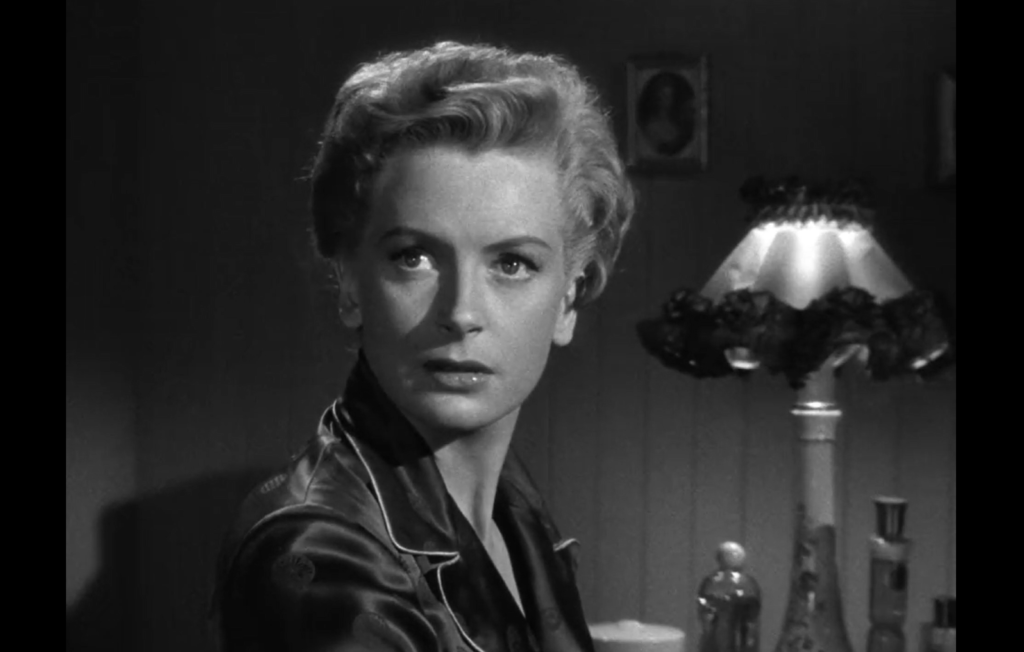
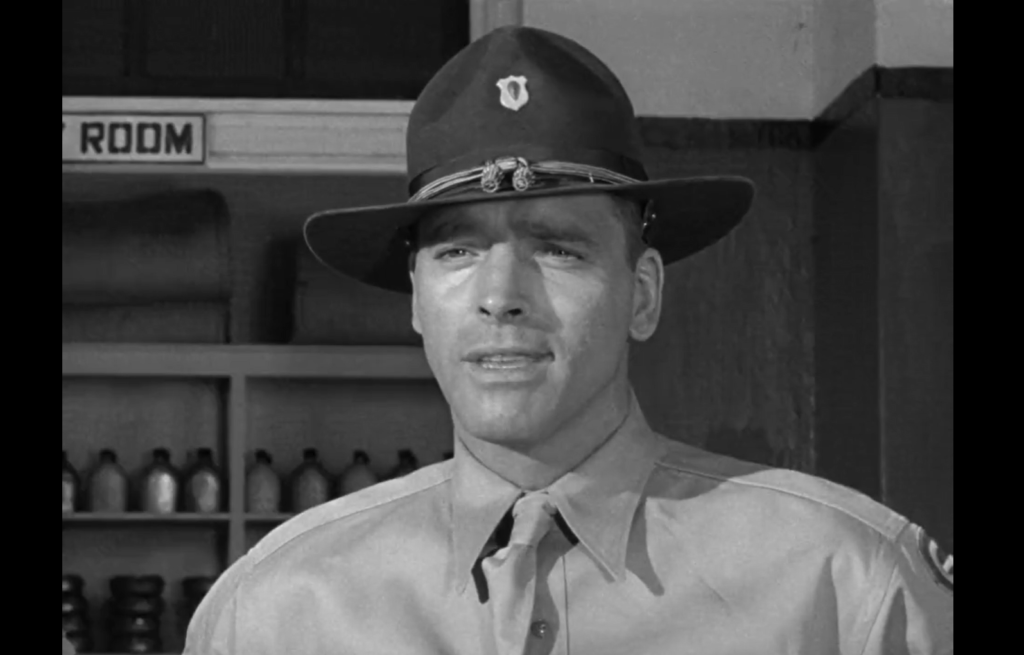
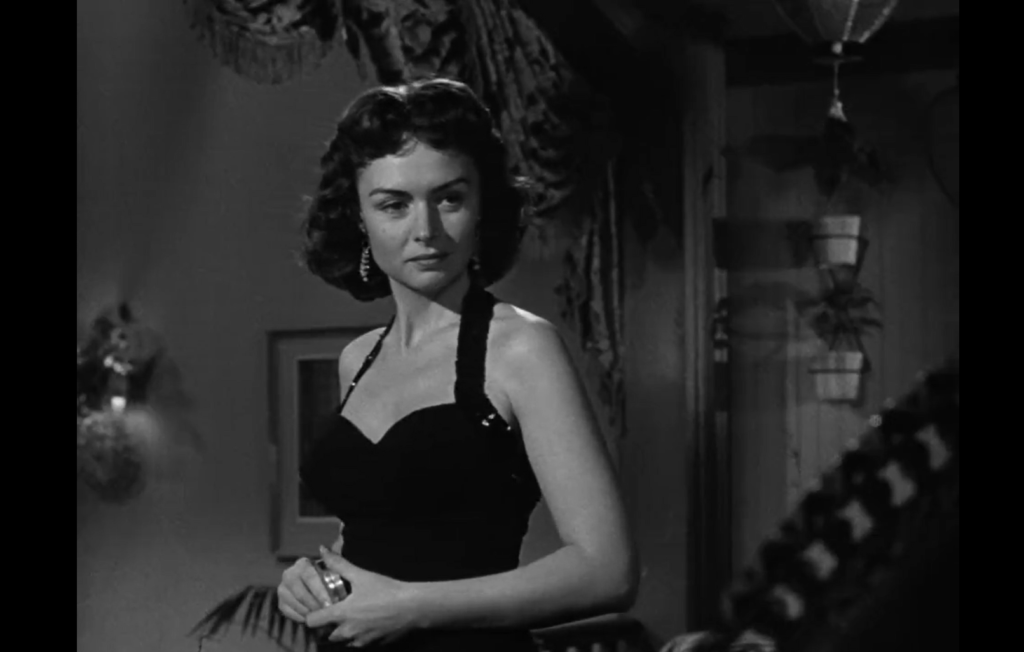
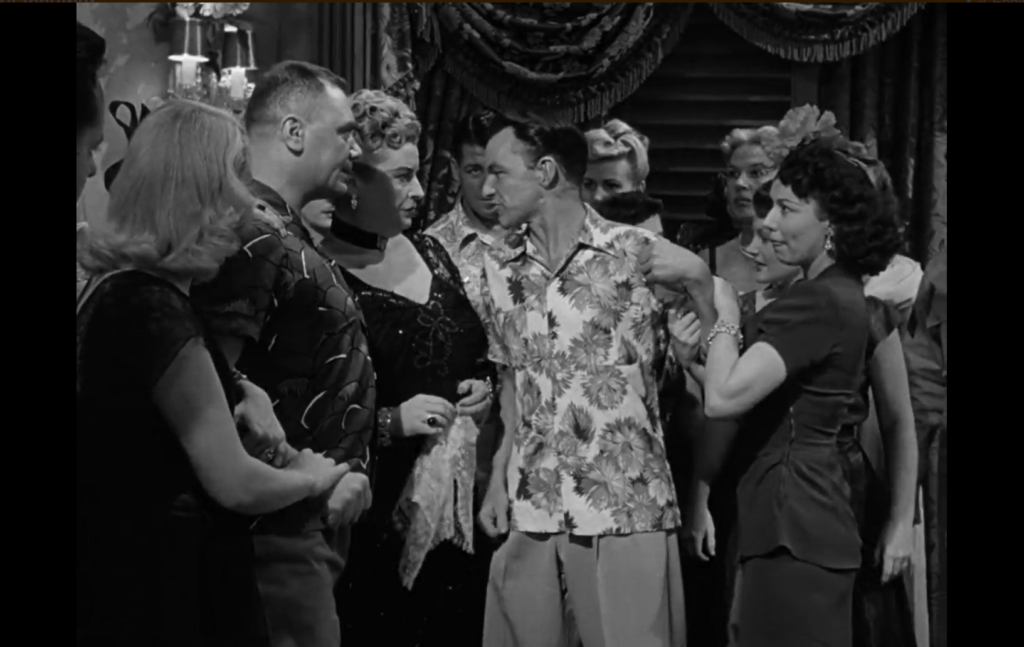
- Atmospheric cinematography
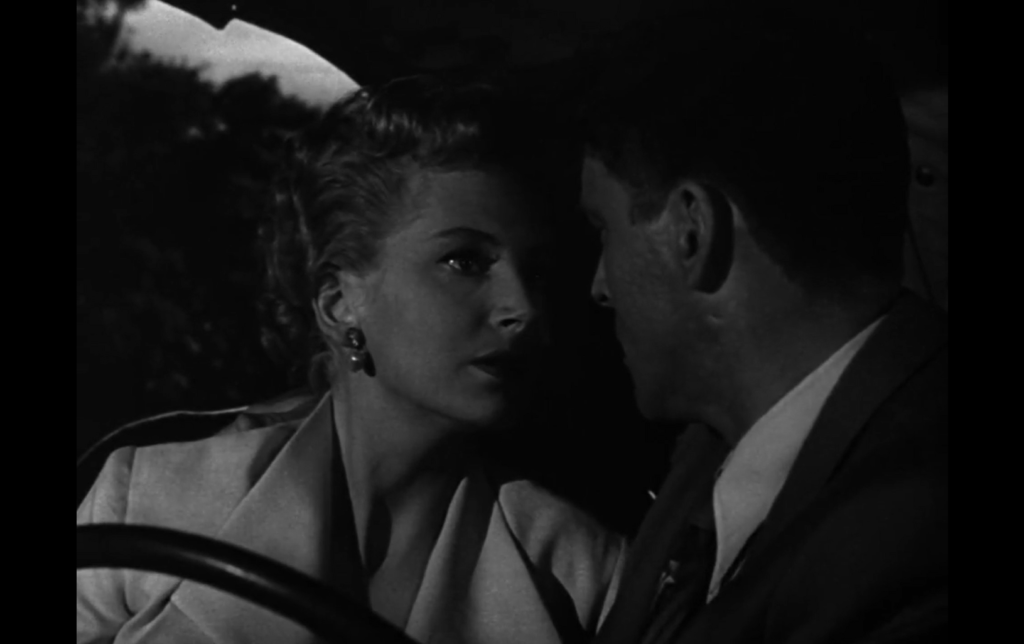 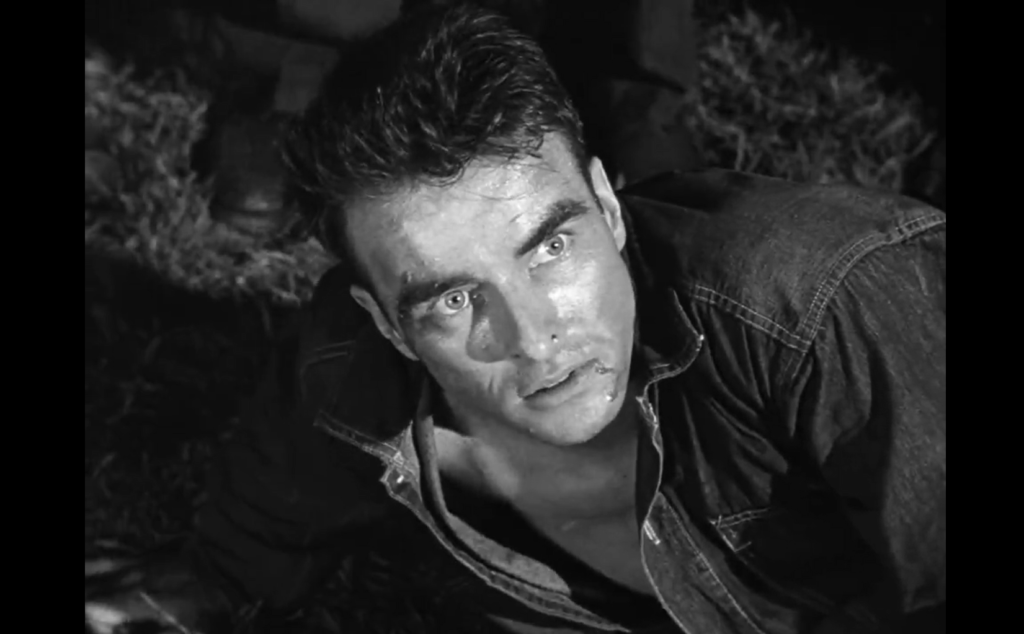
- Numerous memorable moments
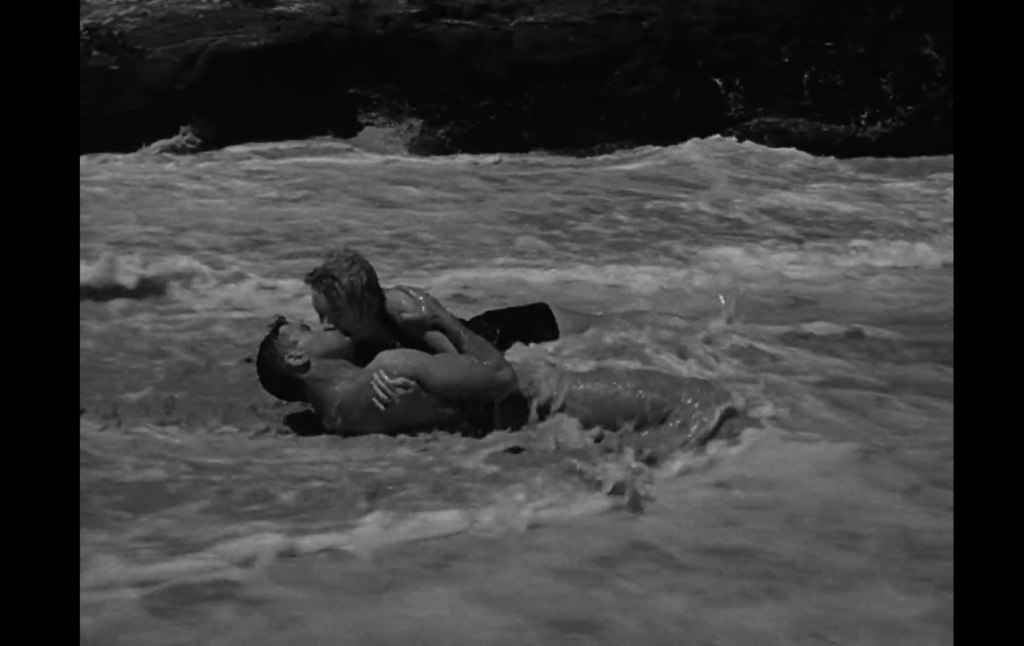
- The well-filmed Pearl Harbor bombing sequence
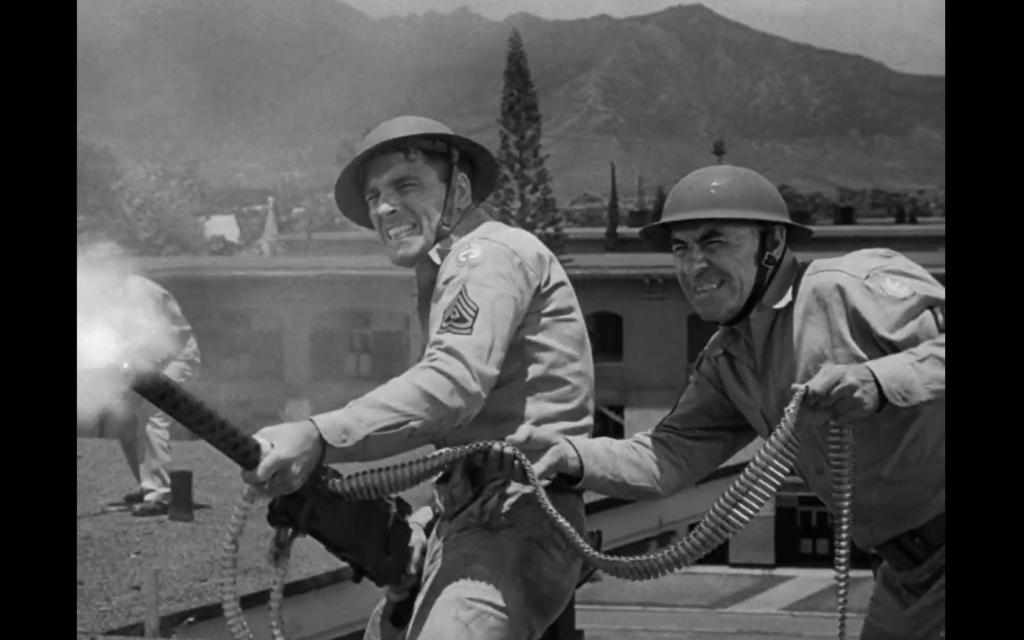
Must See?
Yes, as an Oscar-winning classic.
Categories
(Listed in 1001 Movies You Must See Before You Die)
Links:
|










2 thoughts on “From Here to Eternity (1953)”
⭐️⭐️⭐️ out of ⭐️⭐️⭐️⭐️
I finally saw this a few years ago and was disappointed considering it’s historical significance and high critical reputation. Obviously a must see for all film buffs though.
A once-must, for the performances and for Zinnemann’s direction. As per my post in ‘The ’40s-’50s in Film’ (fb):
“I never knew it could be like this.”
‘From Here to Eternity’ (1953): James Jones’ novel is one of those big, fat books (close to 900 pages!) that I do have a copy of but which I have yet to read. I like big, fat books – a number of them I have even loved but, for some reason, I have yet to crack ‘FHTE’. Watching the film again (after many years), it’s not difficult to pinpoint some of the areas where Jones may have gone into a lot more detail – for example, Deborah Kerr’s backstory. Imagine *all* those men Karen must have fooled around with to get back at the husband who gave her gonorrhea – which led to her having a hysterectomy.
Wikipedia tells us that last part is one of the things the still-powerful Production Code would not allow mention of on-screen. The other novel no-no was the way homosexuality wends its way through the narrative – including the element that has Frank Sinatra’s character being, by turns, a paid companion or partnered with men. (Another character – who ultimately commits suicide out of gay panic – is excised from the film altogether.)
(Though I haven’t read ‘FHTE’, I did read James Clavell’s ‘King Rat’ – which explores homosexuality in the military to a rather-detailed degree; none of which, as I recall, made it into that film version either.)
Until the Pearl Harbor-end of Fred Zinnemann’s winner of 8 Oscars (inc. Best Picture and Best Director), there is very little about wartime and a whole lot about heterosexual dalliances – esp., of course, Kerr’s affair with Burt Lancaster (which finds them so memorably prone against the pounding surf), as well as squeaky-clean (Oscar winner) Donna Reed (as a hooker– um, I mean, ‘dance hall hostess’) doing her admirable best to make us completely forget her apple pie-sweetness in ‘It’s a Wonderful Life’.
Though Montgomery Clift was also Oscar-nommed, he did not win. Still, here he gave one of his strongest performances.